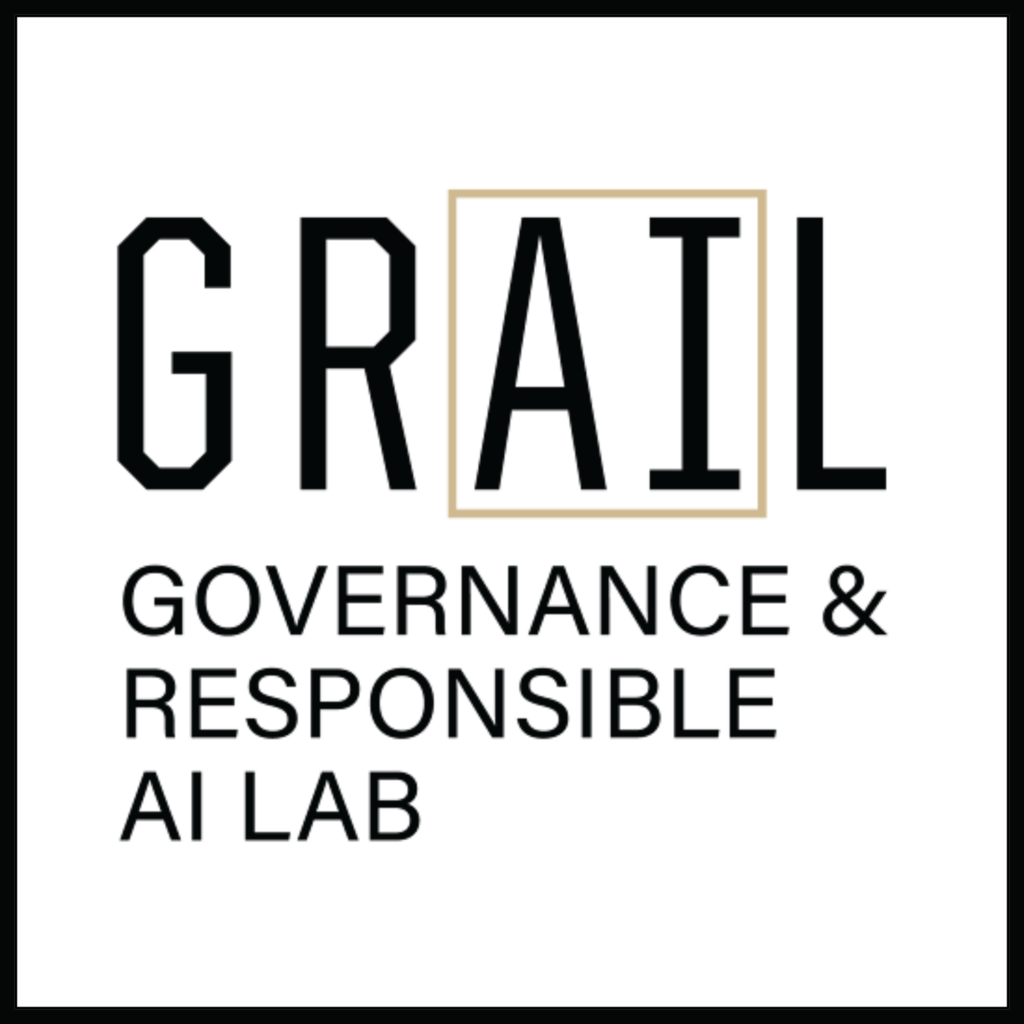

✍️ By Evan Glenn.
Evan is an Undergraduate Student in Political Science and a Research Assistant at the Governance and Responsible AI Lab (GRAIL), Purdue University.
📌 Editor’s Note: This article is part of our AI Policy Corner series, a collaboration between the Montreal AI Ethics Institute (MAIEI) and the Governance and Responsible AI Lab (GRAIL) at Purdue University. The series provides concise insights into critical AI policy developments from the local to international levels, helping our readers stay informed about the evolving landscape of AI governance.
Singapore’s National AI Strategy 2.0
The Singapore National AI Strategy 2.0, released in late 2023, outlines a policy framework intended to “harness AI for the Public Good, for Singapore and the World”.
The plan is divided into three Systems, each containing Enablers with assigned Actions to carry out this goal.
System One: Activity Drivers
This system relies on Industry, Government, and Research to set the foundation for AI integration and advancement. The Government is the lynchpin of Singapore’s plans, with many of its Actions hinging on public funding and incentives (e.g. for training programs and the development of AI Centers of Excellence). In particular, Singapore is interested in convening AI talent and Industry builders from Singapore and beyond. The Government is also committed to expanding resources and policy guidelines to enhance its Research output.
System Two: People & Communities
This system relies on Talent, Capabilities, and Placemaking to foster the human resources for AI R&D. It reaffirms commitments to introducing training programs and attracting talent. Specifically, Singapore seeks to enable industry and academic exchanges as well as develop an “iconic AI site” to “serve as an intellectual home”. Additionally, Singapore wants to directly encourage industry to explore AI Capabilities, including their own suggestions for AI solutions in its Industry Digital Plans.
System Three: Infrastructure & Environment
This system cites Compute, Data, a Trusted Environment, and a Leader in Thought and Action as the support structure for AI. The Government commits to expanding Compute and Data for use in R&D, while remaining mindful of environmental and privacy risks. For example, the government will create a “data concierge” to control access to public sector datasets. The government also seeks to manage risks through an adaptable, tiered regulatory framework. Finally, Singapore recognizes that AI use has global implications and wants to approach risk management with a mindset of international cooperation.
Developments
Before the release of the NAIS 2.0, Singapore was well on the way to fulfilling some of its outlined actions, such as authorizing the use of the Pair LLM by government officers. Many of the actions were also officially announced in early 2024 at the Committee of Supply Debates. This includes investments for compute resources, scholarships/internships, and an overall investment of “more than $1 billion over the next five years” to support NAIS 2.0. Additionally, guidelines on the use of personal data were published following this event.
More recently, at the February 2025 AI Action Summit in Paris (see The AI Ethics Brief #158 for details), Singapore announced several AI initiatives to address safety risks including a “testbed for best practices around technical testing of GenAI applications” and a report on Singapore’s AI Safety Red Teaming Challenge setting out widely applicable testing methodologies.
Notably, Singapore also announced a collaborative Joint Testing Report with Japan, following through on the collaborative ideals set out in the NAIS 2.0. While the NAIS 2.0 largely relies on general language, Singapore appears to be holding itself to its goals.
